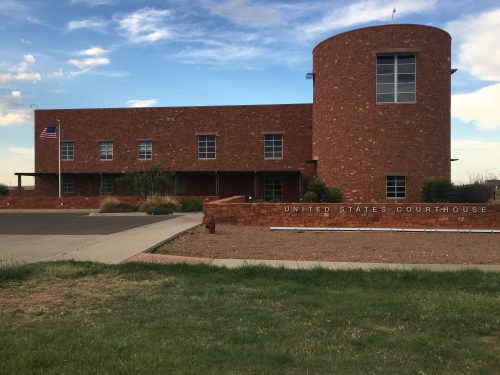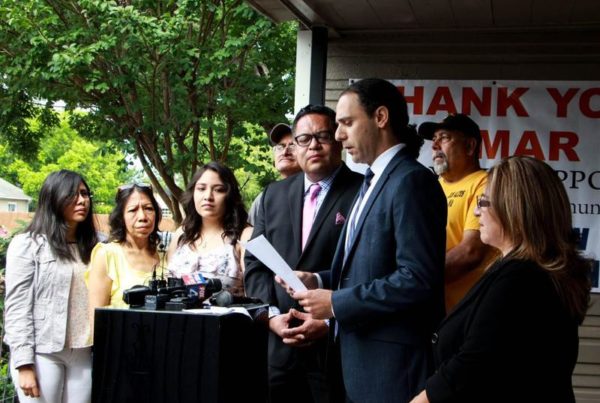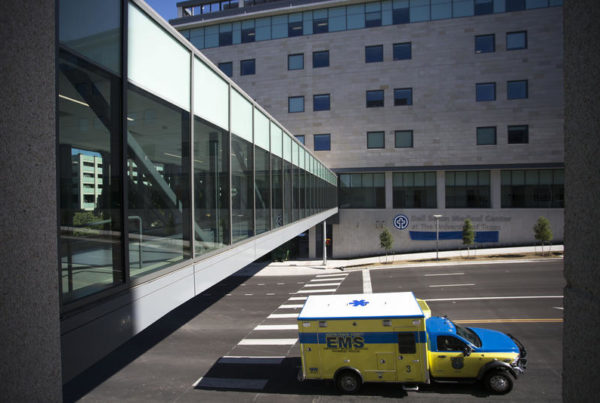As many reacted with shock this week to the deaths of designer Kate Spade and celebrity chef Anthony Bourdain, we also learned from the Centers for Disease Control that suicide rates have risen in nearly every state between 1999 and 2016, the latest year for which complete data is available. Though Texas remains below the national rate, suicides have been rising here, too. The state experiences 12.9 suicides per 100,000 Texans. Across the nation, there were more than twice as many suicides as homicides in 2016. The CDC says these trends cannot be linked to any specific medical diagnosis.
Rheeda Walker is an associate professor of clinical psychology with a research emphasis on suicide science at the University of Houston. She says the time for talking about the issues and pressures that lead to suicide shouldn’t be in the aftermath of a celebrity’s shocking death, but with loved ones in our own lives who need help and understanding.
“If we had more of these conversations, it would decrease stigma so that…people would reach out to those who could be at risk, and also those who are feeling vulnerable would feel more comfortable reaching out,’ Walker says.
One lesson that can be learned from a celebrity’s suicide, however, is that those who seem to have everything going for them may, in fact, be hurting.
“We think people are prospering and doing well,” she says, “but the reality is that because those individuals may in part feel like ‘I should be better, or I should be OK,’ they may be even less likely to reach out for help.”
Walker says that while resources for people experiencing depression are available online, via telephone hotlines and in many communities, the people in our lives are a crucial resource.
“What I see as one of my missions,” Walker says, “is for every individual person to see suicide prevention as part of an individual responsibility. So to the extent that we rely, say, on hotlines, or we rely on individuals reaching out when they need help…when we see someone that seems to be struggling, that we as individuals…take that responsibility to connect with others.”
Individuals experiencing suicidal thoughts, or wondering how to help a loved one who has depression can text 741741, call 1-800-273-8255, or connect via online chat. Many communities and educational institutions also offer local, confidential help.
Written by Shelly Brisbin.

















